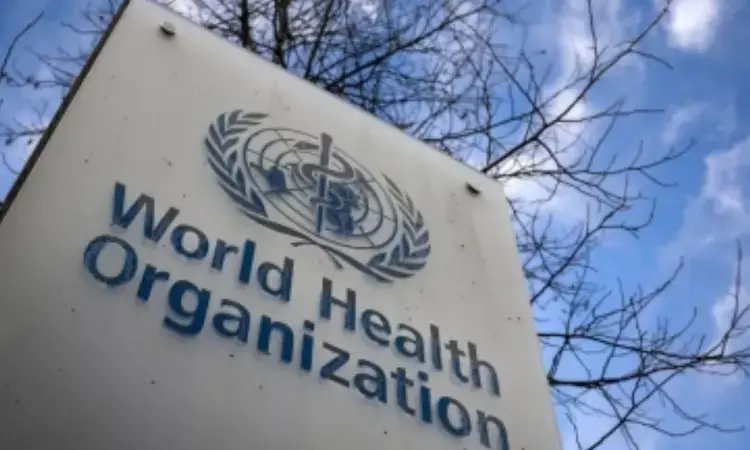- Home
- Medical news & Guidelines
- Anesthesiology
- Cardiology and CTVS
- Critical Care
- Dentistry
- Dermatology
- Diabetes and Endocrinology
- ENT
- Gastroenterology
- Medicine
- Nephrology
- Neurology
- Obstretics-Gynaecology
- Oncology
- Ophthalmology
- Orthopaedics
- Pediatrics-Neonatology
- Psychiatry
- Pulmonology
- Radiology
- Surgery
- Urology
- Laboratory Medicine
- Diet
- Nursing
- Paramedical
- Physiotherapy
- Health news
- Fact Check
- Bone Health Fact Check
- Brain Health Fact Check
- Cancer Related Fact Check
- Child Care Fact Check
- Dental and oral health fact check
- Diabetes and metabolic health fact check
- Diet and Nutrition Fact Check
- Eye and ENT Care Fact Check
- Fitness fact check
- Gut health fact check
- Heart health fact check
- Kidney health fact check
- Medical education fact check
- Men's health fact check
- Respiratory fact check
- Skin and hair care fact check
- Vaccine and Immunization fact check
- Women's health fact check
- AYUSH
- State News
- Andaman and Nicobar Islands
- Andhra Pradesh
- Arunachal Pradesh
- Assam
- Bihar
- Chandigarh
- Chattisgarh
- Dadra and Nagar Haveli
- Daman and Diu
- Delhi
- Goa
- Gujarat
- Haryana
- Himachal Pradesh
- Jammu & Kashmir
- Jharkhand
- Karnataka
- Kerala
- Ladakh
- Lakshadweep
- Madhya Pradesh
- Maharashtra
- Manipur
- Meghalaya
- Mizoram
- Nagaland
- Odisha
- Puducherry
- Punjab
- Rajasthan
- Sikkim
- Tamil Nadu
- Telangana
- Tripura
- Uttar Pradesh
- Uttrakhand
- West Bengal
- Medical Education
- Industry
COVID-19 boosters should start with most vulnerable: WHO

New Delhi: At a press briefing on 21 January, the UN health agency said it was now recommending booster doses of the Pfizer-BioNTech vaccine, beginning in the highest-priority groups, about four to six months after receiving the first two doses, in line with guidance from dozens of countries that embarked upon booster programs months ago.
Last year, WHO pleaded with rich countries to declare a moratorium on offering booster doses until the end of 2021, an appeal that went almost entirely ignored. The agency said its expert vaccine group assessed the increasing data about booster doses and noted the waning of immune protection over time.
Also Read:WHO recommends two new drugs to treat patients with COVID-19
Numerous studies have shown in recent months that booster doses restore antibody levels and offer strong protection against severe disease, including against COVID-19 variants like delta and omicron.
Boosters are part of the vaccination program, but it doesn't mean unfettered use to all ages, said WHO's Dr Kate O'Brien, director of immunisation, vaccines and biologicals. We continue to have the highest focus on vaccination of the highest priority groups, she said.
Medical Dialogues Bureau consists of a team of passionate medical/scientific writers, led by doctors and healthcare researchers. Our team efforts to bring you updated and timely news about the important happenings of the medical and healthcare sector. Our editorial team can be reached at editorial@medicaldialogues.in.


